Committed to an open, stable and rules-based trading system
On October 27, 2025, leaders of the Regional Comprehensive Economic Partnership (RCEP) , comprising ASEAN member countries, Australia, China , Japan , New Zealand and South Korea, met in Kuala Lumpur for the 5th RCEP Summit, reaffirming the bloc's role as an important pillar in maintaining regional economic growth and integration.
In the Joint Statement, the leaders agreed that RCEP is playing a practical role in maintaining the connectivity of regional trade and investment, amid the volatile global economy and increasing trade competition. They also stressed their strong commitment to the principles and rules of the World Trade Organization (WTO), considering it as the foundation for an open, transparent, fair and rules-based multilateral trading system.
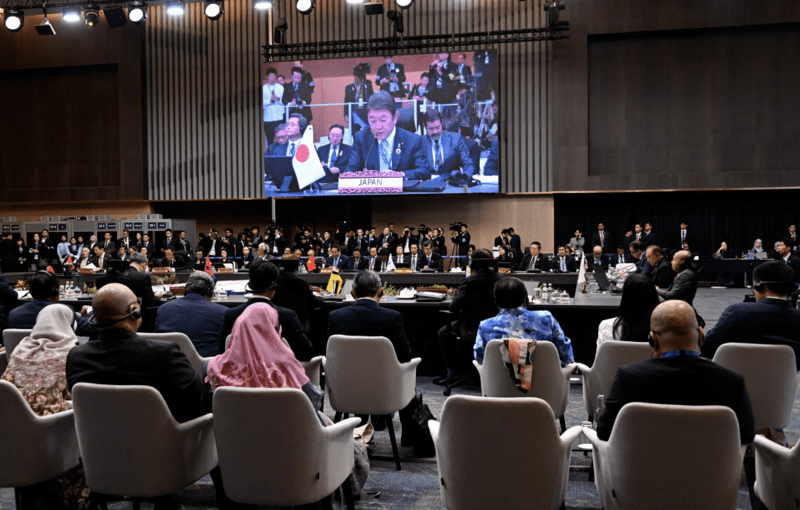
The statement said the WTO is a key mechanism for ensuring predictability and non-discrimination among trading partners, contributing to the stability, resilience and long-term prosperity of the entire region. The leaders also agreed that, in a time of great pressure on the global economy, it is necessary to vigorously promote WTO reform so that the organization continues to meet the interests of all members.
The statement also acknowledged the increasingly prominent role of RCEP in promoting economic integration and deeper cooperation among Asia- Pacific countries. Member countries committed to fully and effectively implementing the Agreement, considering it a strategic tool to help maximize the trade and growth potential of the region.
In the political commitment section, the leaders stressed their determination not to take measures inconsistent with their obligations under the Agreement, and to ensure that the regional market remains open, free and rules-based. They affirmed that RCEP is not just a trade agreement, but also a foundation for strengthening trust among Asian economies, towards a fairer and more stable cooperation environment.
The leaders agreed to remove unnecessary trade barriers, facilitate trade and investment flows, thereby helping businesses in the region better take advantage of the incentives and opportunities brought about by the Agreement.
According to the assessment of the parties, RCEP has proven its value in maintaining open, stable and resilient supply chains in the face of global shocks. The agreement is also considered an important tool to help ensure a level playing field, promote strong growth, and enhance the resilience of member countries' economies.
In addition, the statement emphasized the role of governments in mitigating the impact of global economic uncertainties, through implementing appropriate domestic reforms and policies, contributing to improving competitiveness and strengthening regional integration.
Towards a sustainable, inclusive and resilient future
To realize the common objectives and ensure that RCEP continues to adapt to the new economic landscape, the Leaders instructed Ministers and officials to strengthen cooperation in a number of key areas. Priority tasks include fully implementing the Agreement, accelerating the accession process of countries wishing to join, and maintaining the Agreement’s high standards to ensure transparency and fairness.
The statement also stressed the importance of expanding economic cooperation programs among member countries to narrow implementation gaps, especially for developing economies. This is seen as a practical and inclusive approach that will help all countries in RCEP benefit from the integration process.
As the world faces long-term challenges, RCEP has agreed to focus on addressing global issues such as climate change, digital transformation and strengthening supply chain resilience. Leaders said proactive collaboration in these areas will not only help stabilize the regional economy, but also promote long-term sustainable and resilient development.
An important highlight in the statement is the commitment to strengthen the RCEP institutions, through the early establishment of an effective Secretariat, which will play a role in coordinating, monitoring and supporting the implementation of the Agreement. This is considered an important step towards increasing the institutionalization and operational capacity of the bloc in the future.
According to the plan, member countries will start preparing for the comprehensive review of the RCEP Agreement scheduled for 2027. This process will focus on assessing the effectiveness of implementation, ensuring a level playing field and sustainable growth, and considering the possibility of expanding the scope of the Agreement with new regulations related to modern and emerging issues in international trade.
In addition, the countries agreed to strengthen dialogue with the business community and other stakeholders to promote effective implementation of RCEP and bring concrete benefits to people and businesses. Engaging the public-private sector is considered the key to ensuring the Agreement is inclusive, fair and promotes practical value.
Concluding the statement, the leaders reaffirmed ASEAN’s central role in the regional architecture, considering it the foundation for ensuring stability and balance in Asia-Pacific economic cooperation. The countries pledged to continue promoting an open, inclusive, mutually beneficial and future-oriented integration process, in line with the spirit of open regionalism that ASEAN and its partners have consistently pursued.
RCEP leaders also welcomed initiatives to enhance economic resilience, thereby strengthening the confidence of the business community and people in a more dynamic, sustainable and harmoniously developing cooperation region in the coming years.
Source: https://moit.gov.vn/tin-tuc/thi-truong-nuoc-ngoai/cac-nha-lanh-dao-rcep-hop-tai-kuala-lumpur-ngay-27-10-tai-khang-dinh-cam-ket-duy-tri-thuong-mai-mo-va-on-dinh-giua-bien-.html


![[Photo] National Assembly Chairman Tran Thanh Man receives Chairman of the House of Representatives of Uzbekistan Nuriddin Ismoilov](https://vphoto.vietnam.vn/thumb/1200x675/vietnam/resource/IMAGE/2025/10/27/1761542647910_bnd-2610-jpg.webp)
![[Photo] Party Committees of Central Party agencies summarize the implementation of Resolution No. 18-NQ/TW and the direction of the Party Congress](https://vphoto.vietnam.vn/thumb/1200x675/vietnam/resource/IMAGE/2025/10/27/1761545645968_ndo_br_1-jpg.webp)


![[Photo] The 5th Patriotic Emulation Congress of the Central Inspection Commission](https://vphoto.vietnam.vn/thumb/1200x675/vietnam/resource/IMAGE/2025/10/27/1761566862838_ndo_br_1-1858-jpg.webp)

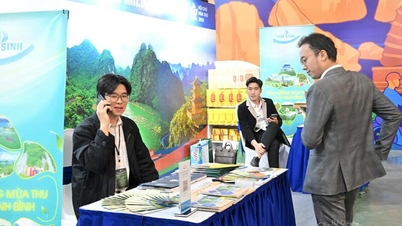
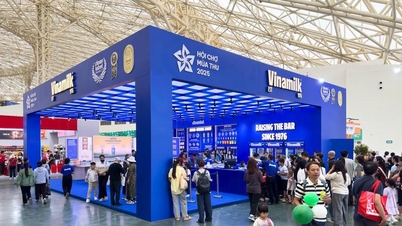
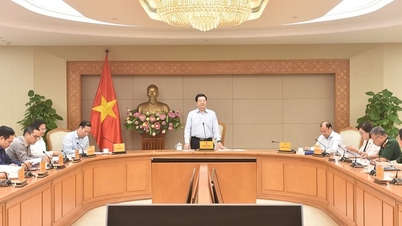

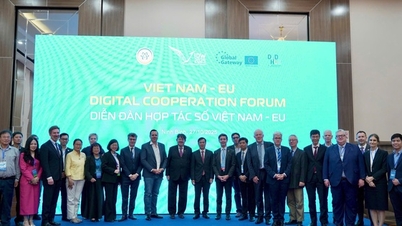

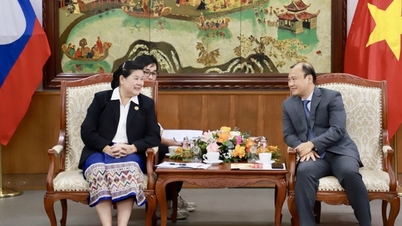
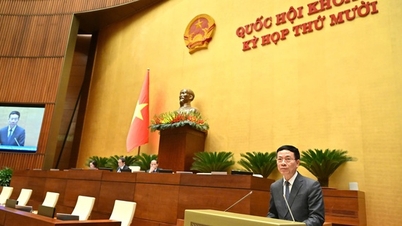




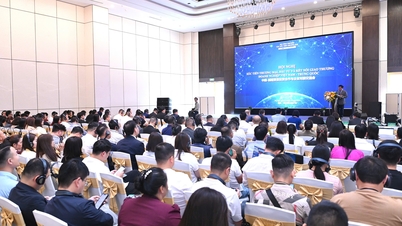

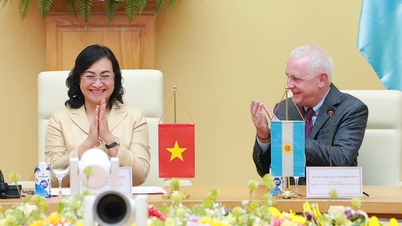
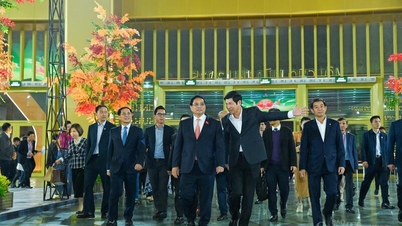
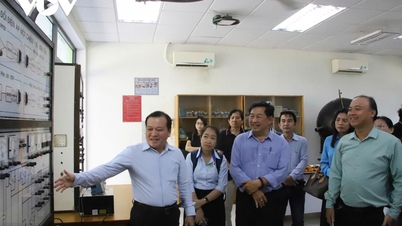
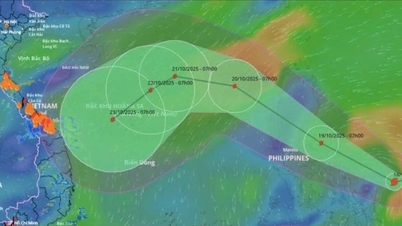

























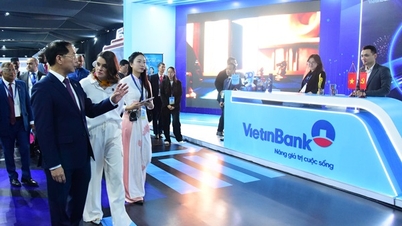













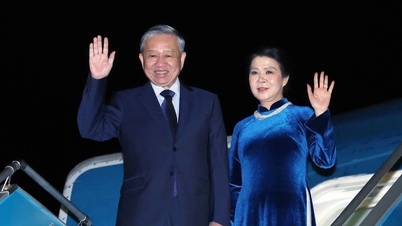
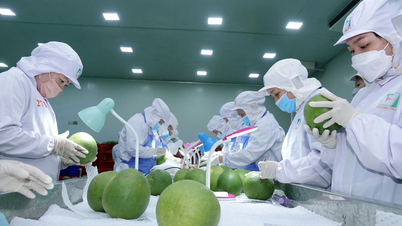
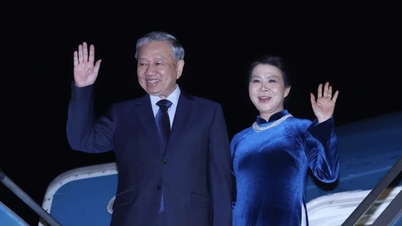



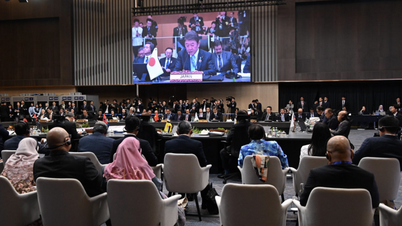
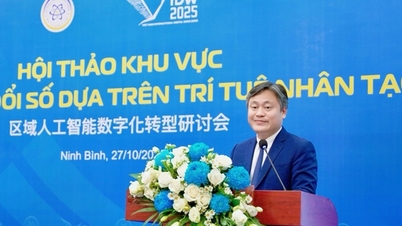




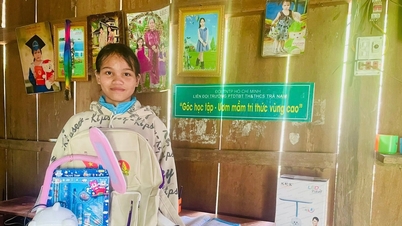





















Comment (0)